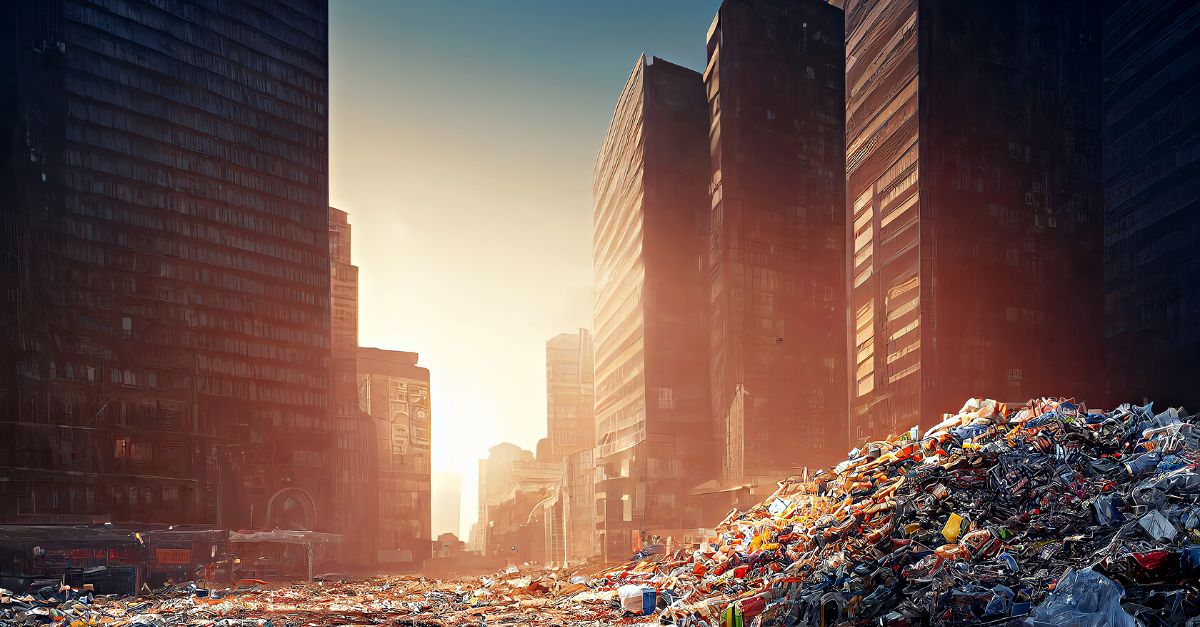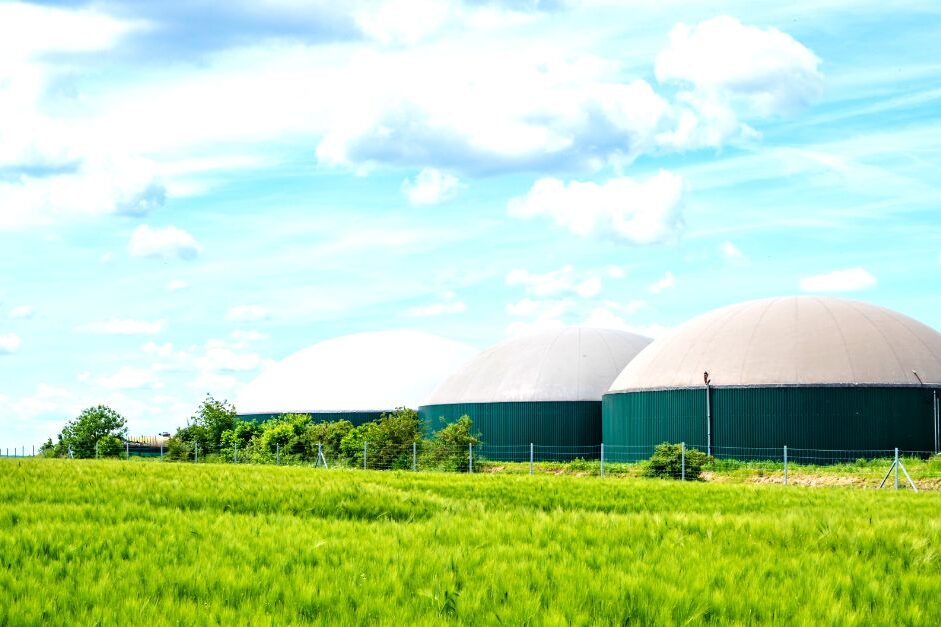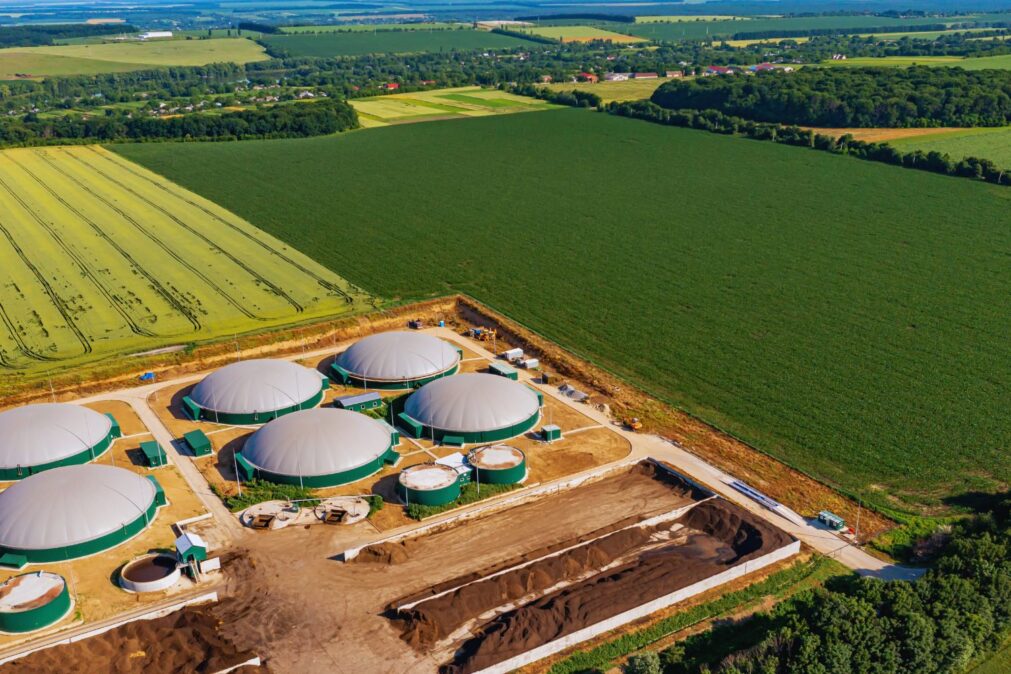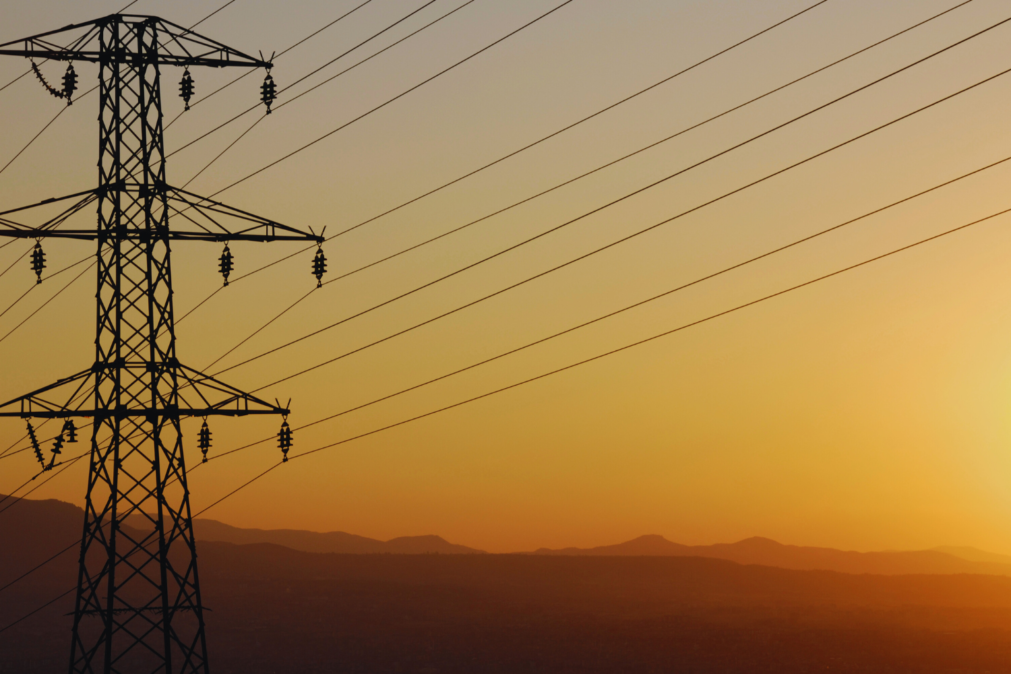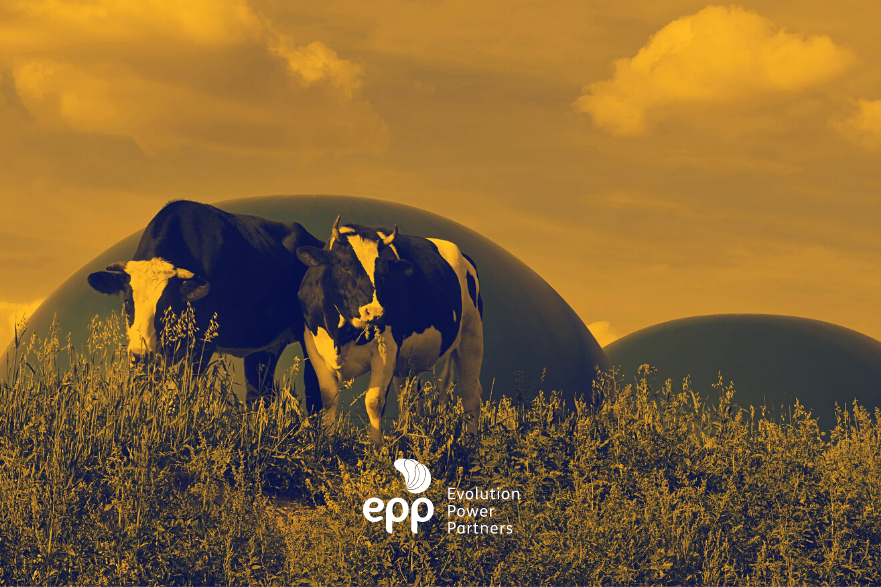The Brazilian Association for Energy Recovery from Waste estimates that in 2023 more than R$ 4 billion will be invested in URE Mauá (80 MW), URE Caju (31 MW) and URE Consimares (20 MW), if these projects succeed in the next A-5 or A-6 auctions, which must be held. With the entry into operation of these plants between 2027 and 2028, the plants would have the capacity to treat more than 5,000 tons of urban waste per day, or 1.8 million tons/year. But what is waste energy recovery and how can it help Brazil deal with its urban waste?
What is Waste Energy Recovery?
Waste energy recovery (RER) is a technology that transforms urban solid waste into electrical or thermal energy. The process consists of burning waste in an oven, generating water vapor that drives turbines and generates electricity. This process is known as “heat treatment” or “incineration”.
The RER is an alternative to sanitary landfills, which are the most common form of final waste disposal in Brazil. Incineration is a proven technology used in several countries around the world, such as Japan, the United States and Germany, and has the advantages of reducing the volume of waste, eliminating polluting gases, generating clean energy and saving energy. space.
However, the RER is still little explored in Brazil, which has only one power plant under construction, in Barueri (SP), which is expected to start operating in 2025. The country still largely depends on landfills, which, in addition to occupying space and emit polluting gases, they also present risks of soil and water contamination.
What does PL 924/2022 say
Bill 924/2022 is an important milestone for the development of waste energy recovery in Brazil. The PL provides for the creation of the National Program for the Energy Recovery of Waste, which aims to encourage and encourage the adoption of the RER throughout the country.
The program establishes a series of measures to encourage and stimulate investment in technology, such as the granting of credits, tax and tariff exemptions, and the creation of specific financing lines for RER projects.
In addition, the PL provides for the creation of a fund for the development of the RER and the carrying out of studies and research on the technology, with a view to perfecting and improving its implementation.
The approval of Bill 924/2022 could be an important step towards accelerating the development of the RER in Brazil and contributing to the construction of a more sustainable and inclusive economy.
Investments and Prospects for the RER in Brazil
According to the Brazilian Association for Energy Recovery from Waste, there are currently ten ERU projects underway in Brazil, which will generate R$ 10 billion in investments. With the completion of these investments and the start-up of the plants in operation between 2027 and 2028, Brazil would have the capacity to treat more than 5,000 tons of urban waste per day, which would represent a significant reduction in the amount of waste destined for landfills.
According to the National Solid Waste Plan, Brazil’s goal is to reach 994 MW of installed capacity by 2040, which would require public, private or mixed investment of approximately R$ 40 billion. Bill 924/2022, which creates the National Waste Energy Recovery Program, is pending in the Chamber of Deputies and provides for a series of incentives to accelerate the development of the RER in Brazil. Among the measures proposed by the PL are the creation of special lines of credit, tax exemption for equipment and raw materials used in the construction of plants, and the definition of clear rules for contracting energy generated from the RER.
In addition, the RER can contribute to the reduction of greenhouse gas emissions. According to the Brazilian Association for Energy Recovery of Waste, the incineration of waste can reduce methane emissions by up to 80%, one of the gases that most contribute to global warming, when compared to landfills.
Global Perspectives for Waste Energy Recovery
Waste energy recovery is a technology widely used in several countries around the world, which face challenges similar to those in Brazil with regard to solid waste management. According to the Ecoprog consultancy report for 2020, China leads the ranking among countries with the highest installed capacity for energy recovery of waste through thermal treatment, with a capacity to process 170 million tons per year of solid waste. Next come Japan, with 65 million tons/year, the United States, with 29 million tons/year, and Germany, with the capacity to treat 27 million tons/year.
Waste incineration has been widely used in Europe since the 1970s and is an important source of renewable energy in countries such as Sweden and Denmark. According to data from the International Energy Agency, waste incineration accounts for around 2% of electricity generation in Europe.
Waste energy recovery can be an important alternative to landfills and contribute to the reduction of polluting and greenhouse gas emissions. However, the technology is still little explored in Brazil and requires significant investments for its implementation. Bill 924/2022, which creates the National Waste Energy Recovery Program, could be an important step towards accelerating the development of the RER in the country. With the implementation of the planned investments, Brazil can become an important player in the waste energy recovery market and contribute to the transition to a low-carbon economy.
